There is frequently a long list of things that one must not do in order to be considered beautiful. Though there may not be a definitive guide to developing a personal beauty routine, there is no shortage of unsolicited recommendations from people you know and care about. When you need additional information, the internet is at your disposal. The widespread use of trial-and-error approaches to personal care is largely attributable to this tangled web of incomplete information. Here we dispel several fallacies about physical attractiveness in an effort to kick off a culture of educated consumer decision-making. Keep reading:
Sunscreen with a higher SPF provides more protection.
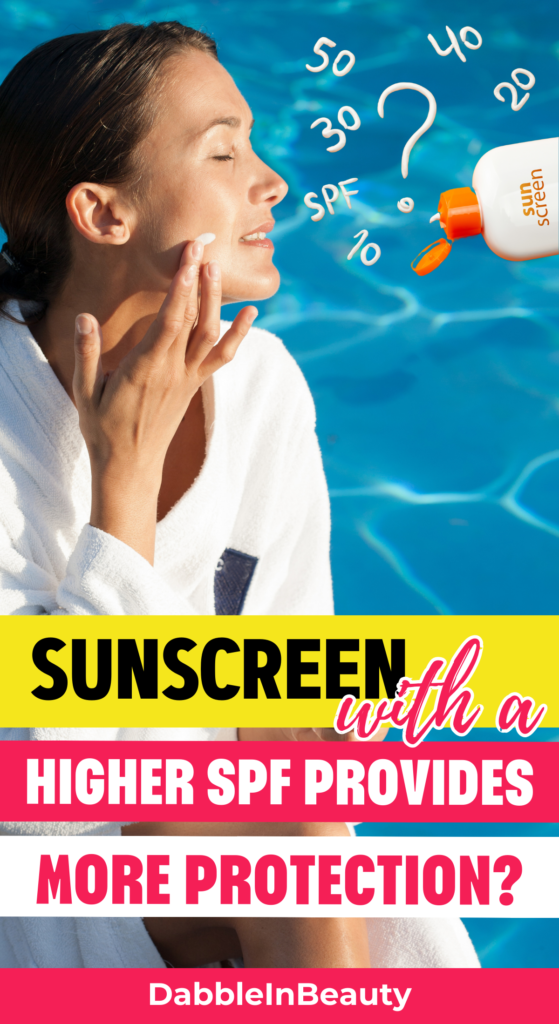
SPF is not a reliable indicator of a sunscreen’s efficacy in preventing skin cancer and other sun damage; this is a common misconception. Sun protection factor (SPF) is just a reflection of how much sunscreen protects against UVB radiation. If a sunscreen claims to have an SPF of 30, for example, that means you may stay in the sun for 30 times longer before you start to burn or tan than if you didn’t use any protection at all. SPF 15-30 is suitable for Indian skin.
Microdermabrasion and facials are beneficial additions to any skin care program.
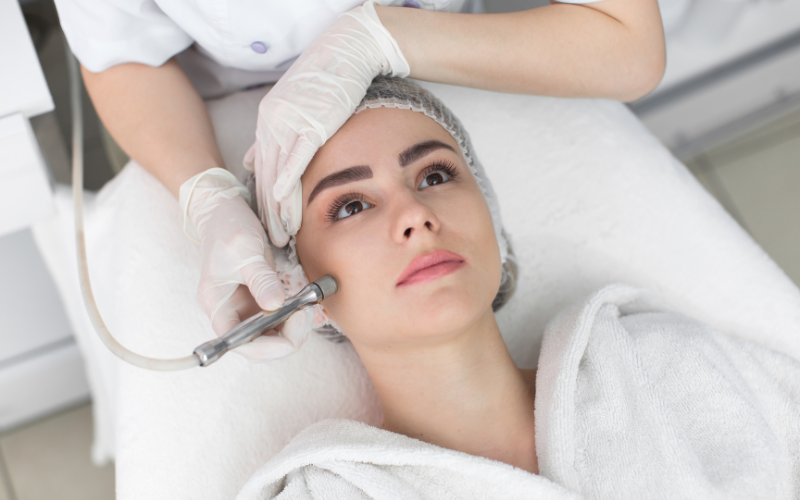
Facials have been shown in several studies to have no effect other than to make people feel wonderful. They are unable to smooth fine lines or brighten skin. Too much picking, squeezing, or rubbing during a facial can cause permanent damage. Elastin and collagen (the skin’s component that provides support and suppleness) can be broken down, so be careful not to overdo the massage. Facials aren’t the place to risk injury to the face. A facial’s foundational steps—cleansing, exfoliating, skin analysis, massage, and mask—are all aimed at restoring the skin’s natural equilibrium.
Only high-end skin care products are effective.
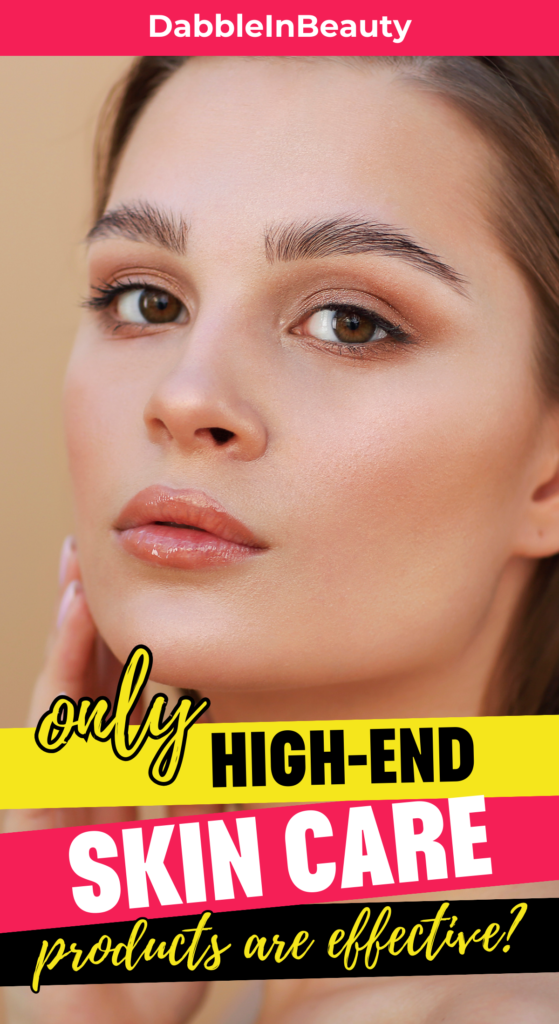
You shouldn’t base your decision on how much a thing costs but on how well it meets your needs. No matter how much money you spend, no regular skin product will help oily skin. Picking the right cleanser, moisturizer, toner, and sunscreen for your daily routine is essential. They should be safe and effective in improving skin health. Depending on the temperature and humidity outside, you may need to switch items. A product designed for the summer may not fare as well in the winter. Consult your dermatologist for advice; they will evaluate your skin, lifestyle, needs, budget, and more to come up with a plan that works for you.
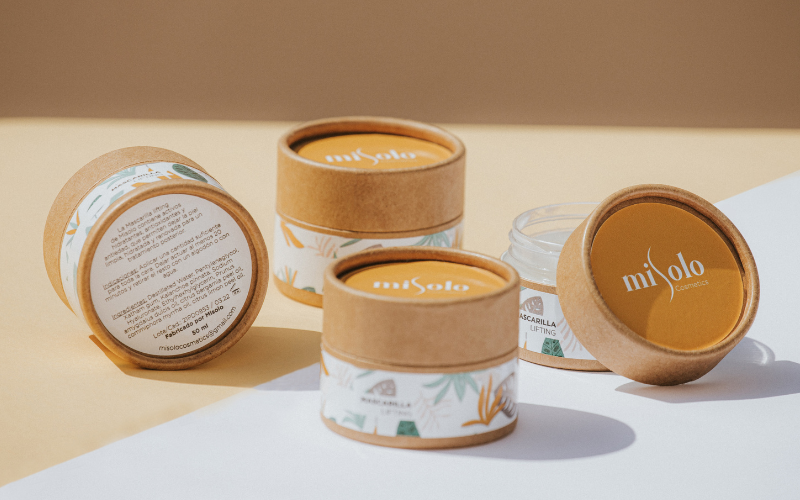
A myth about sunscreen is that you don’t need it on a cloudy day.
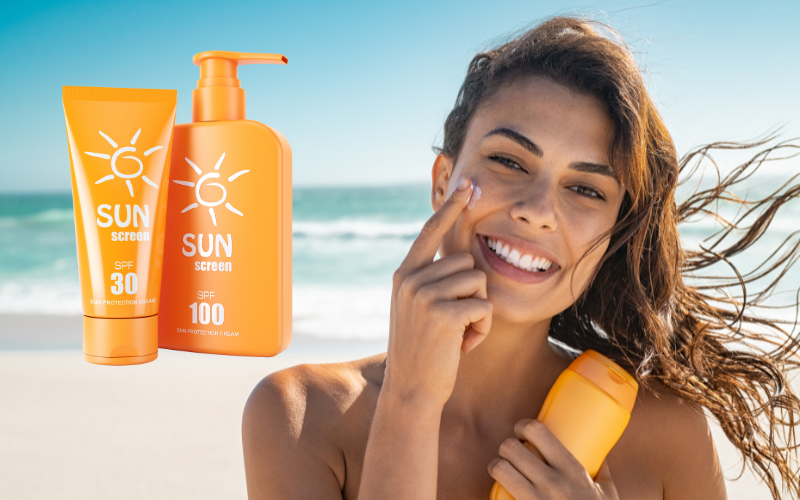
Always use sunscreen, even on cloudy days, to protect your skin from the sun’s harmful rays. The most damaging ultraviolet B (UVB) rays, which contribute significantly to skin cancer, are present between the hours of 10 a.m. and 4 p.m. throughout the summer. Melanoma accelerated aging, and drooping, wrinkled skin caused by UVA radiation is present during all daylight hours all year, even on overcast or snowy days. Plus, these rays can go through things like clouds, glass, and fabric. There’s no need to scream it from the rooftops: even on overcast days, you should still use sunscreen.
Soap-only washings are sufficient to maintain clear skin.
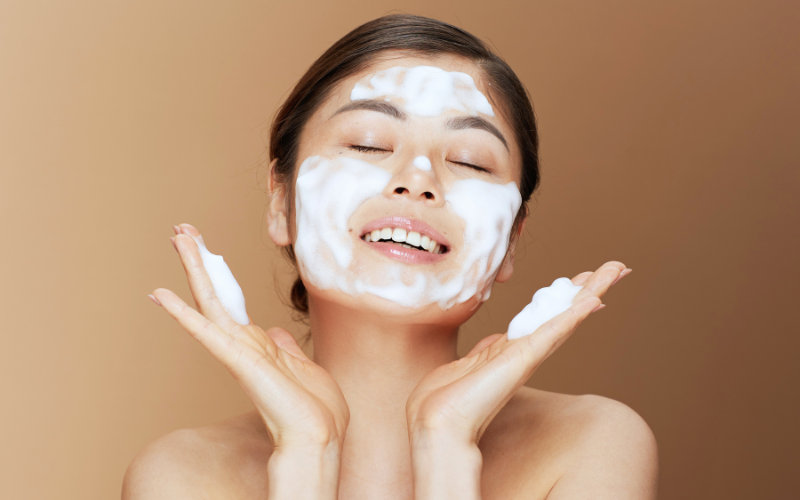
Acne is a problem with the skin’s oil (pilosebaceous) glands. Effective washing is crucial in the fight against breakouts for those with oily, acne-prone skin. However repeated facial washing with soap will only encourage oil production, leading to additional outbreaks. Soaps are even more irritating to skin that is already sensitive and prone to acne because of their alkaline composition. Instead, use a medicated or mild face cleanser.
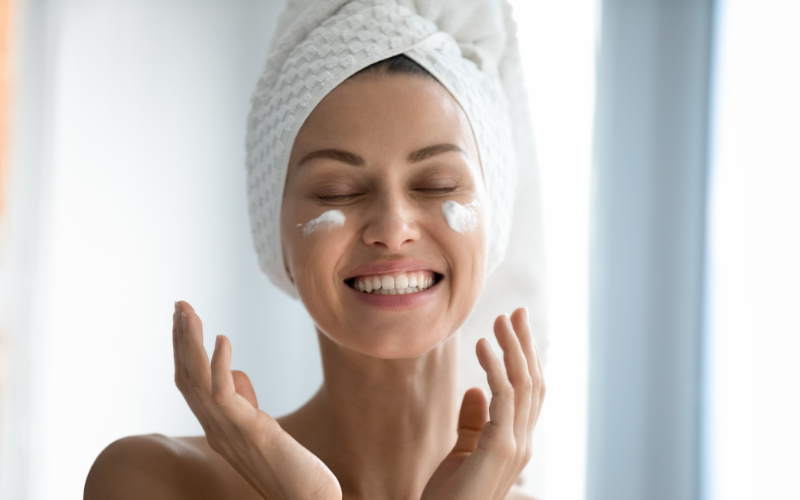
For as long as most of us can remember, conventional wisdom about what constitutes physical attractiveness has been mostly incorrect.
When it comes to hair care, skincare, and makeup, options are abundant. In some cases, we have trouble telling the difference between right and wrong.
